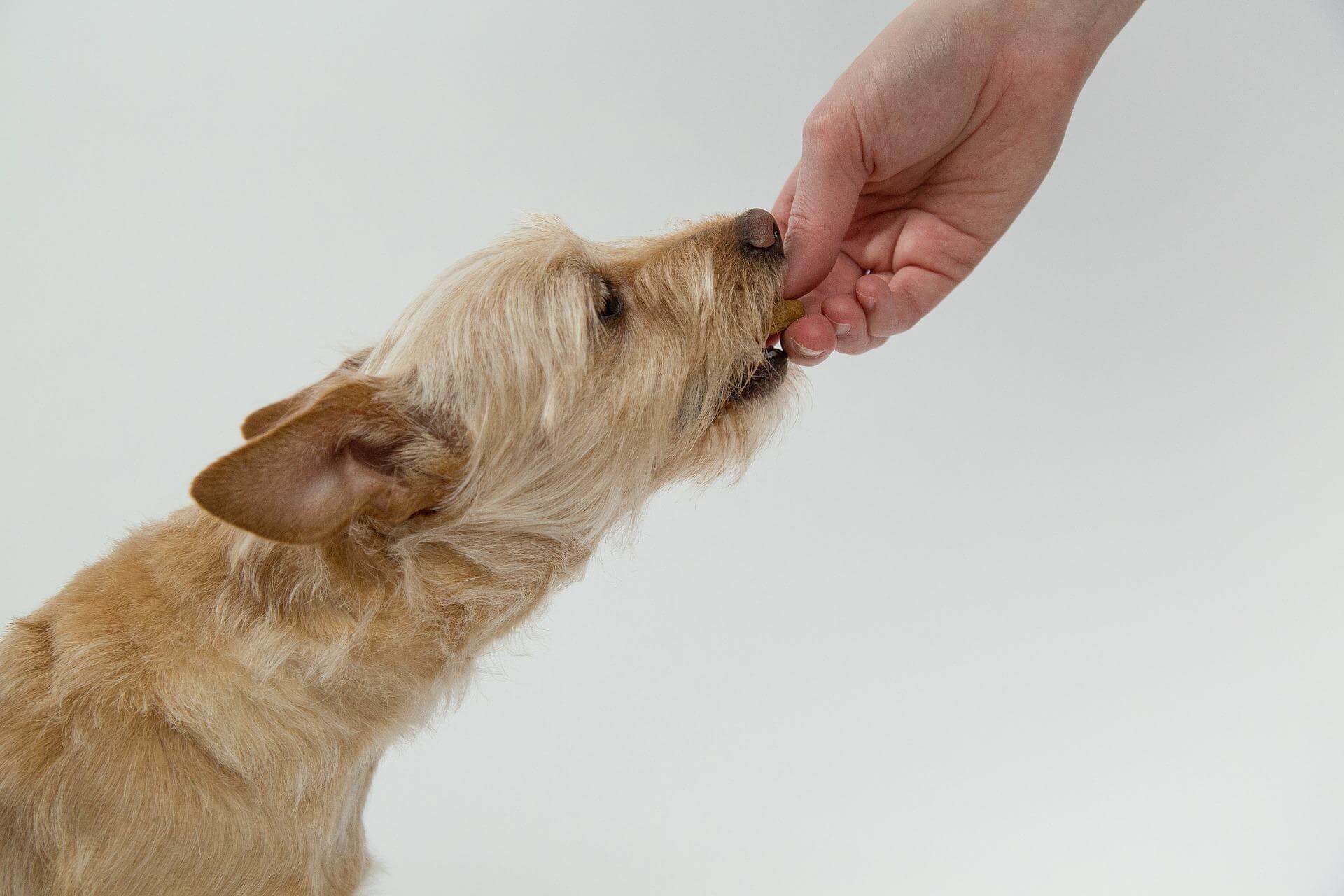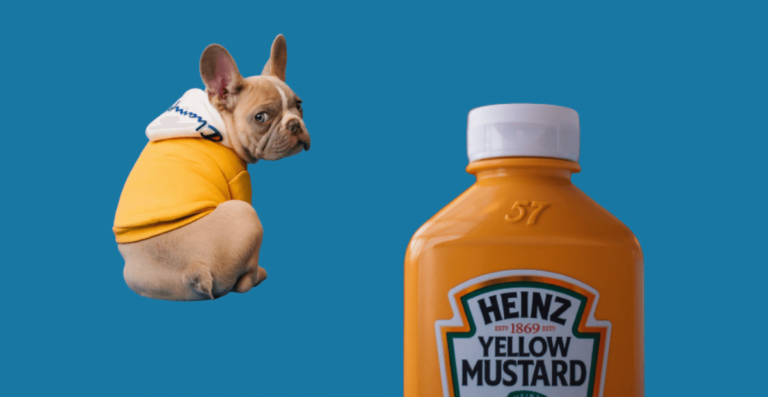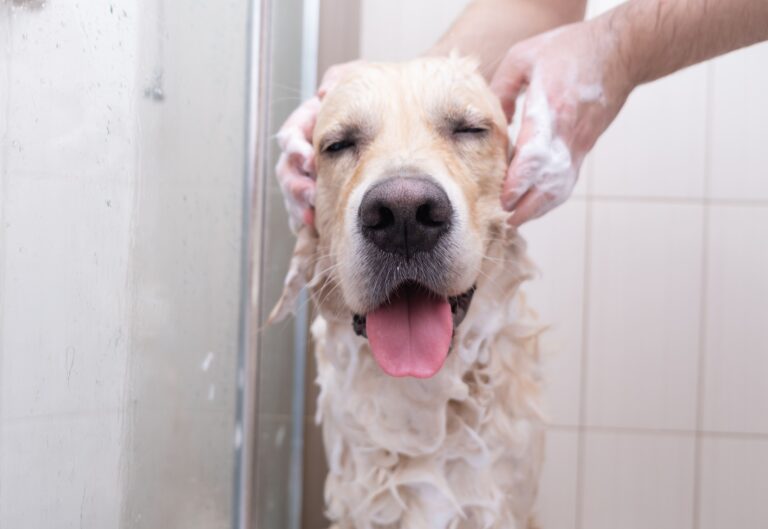Can dogs eat cheese? | Benefit and Danger
Many people think that dogs cannot eat cheese because it’s a food that is meant for humans. However, there are cases where dogs can and do eat cheese. If you’re thinking of giving your dog some cheese as a treat, be sure to read the following before doing so.
What are the properties of cheese?
Cheese is a food that is made from the milk of cows, goats, sheep, or other animals. The milk is heated and then curdled by adding an acid, like vinegar or lemon juice. The curds are then strained and the whey is removed. The cheese is then put into a mold to form it into the desired shape. It can also be flavoured with herbs, spices, or other foods.
Cheese is one of the most popular foods in the world. Cheese can be eaten by itself or added to other foods. There are many different types of cheese, each with its own flavor and texture.
Cheese is high in fat and sodium
Cheese is one of the most popular high-fat and sodium foods. The U.S. Department of Agriculture recommends that people consume no more than 2,300 milligrams of sodium per day, but a one-ounce serving of cheddar cheese contains nearly half that amount at 1,095 milligrams. Cheese is also high in saturated fat; a one-ounce serving contains nearly 8 grams.
Can dogs eat cheese?
Yes, dogs are able to eat some types of cheese, but should not eat all cheeses. Cheese is high in calcium and dogs need calcium for strong bones, but too much cheese can lead to digestive problems. You have to keep in mind chesse is high of sodium.
Dogs should only eat hard cheeses like cheddar and Swiss, and should avoid soft cheeses like brie and cream cheese.
Are There Any Benefits to Feeding Your Dog Cheese?
The answer to this question is complicated. The jury is still out on whether or not cheese is a healthy snack for dogs, but there are some potential benefits to consider. Some cheese contains high levels of calcium and protein, both of which are essential nutrients for dogs. Additionally, it is a good source of vitamins B12 and A.
However, cheese also contains large amounts of fat and sodium, which can be harmful in large quantities. So, while cheese may not be the best snack choice for dogs, it’s likely not going to harm them either as long as it’s consumed in moderation.
What are the dangers of cheese for dogs?
Dogs are not natural predators of cheese, but they can still get sick from it.
Cheese is not a natural food for dogs and can cause them to get very sick. Dogs cannot digest the lactose in cheese, which causes an upset stomach and diarrhea. This is because they lack the necessary enzyme that humans have to break down the lactose.
The dog’s digestive system is also not as acidic which allows bacteria to grow and produce gas that causes bloating and flatulence. If a dog ingests enough cheese, it can lead to a life-threatening condition called pancreatitis which requires immediate medical attention.

What are some alternative snacks for dogs?
When it comes to snacks for dogs, there are a lot of different options to choose from. From rawhide bones to bits of meat, many pet owners are curious about what the best snacks for their furry friends are.
Here are three alternative snacks for dogs that can provide some variety:
1) Yogurt: Plain yogurt is a good source of probiotics, which can help keep your dog’s digestive system healthy. It also makes a great snack because dogs love the taste. Be sure to avoid yogurts with added sweeteners, as these can be harmful to your dog’s health.
2) Green beans: Green beans are a low-calorie, healthy snack that dogs love. They’re also high in fiber, which is beneficial for your dog’s digestion.
3) Apple slices: Apples are a nutritious and delicious snack for dogs.
Dairy products are okay for dogs to eat
Dogs are omnivores and can digest dairy products quite well. In fact, some dairy products provide important nutrients for dogs, such as calcium and vitamin D. Cheese is a good source of both nutrients, and many dogs enjoy it. Plain yogurt is also a good choice, as it contains probiotics that can be beneficial for dogs’ digestive health.
Milk is another option, but it’s not as nutrient-rich as cheese or yogurt. While dairy products are generally safe for dogs to eat, it’s important to keep in mind that they can also cause gastrointestinal problems if consumed in large quantities. So moderation is key when feeding your dog dairy products.
Conclusion
In conclusion, dogs can eat cheese in moderation. Cheese is a high-fat food and can cause weight gain in dogs, so it’s important to feed your dog cheese in moderation.
Cheese is a good source of calcium and protein, which are important for dogs’ health. If you’re not sure whether or not your dog can eat cheese, consult your veterinarian.
FAQ
Subscribe to our weekly newsletter below and never miss the latest article.









I was pretty pleased to discover this great site. I want to to thank you for ones time due to this fantastic read!! I definitely appreciated every part of it and I have you book marked to look at new stuff on your web site.
Thank you for your feedback! Don’t forget to subscribe to my newsletter, I share more stuff every week.